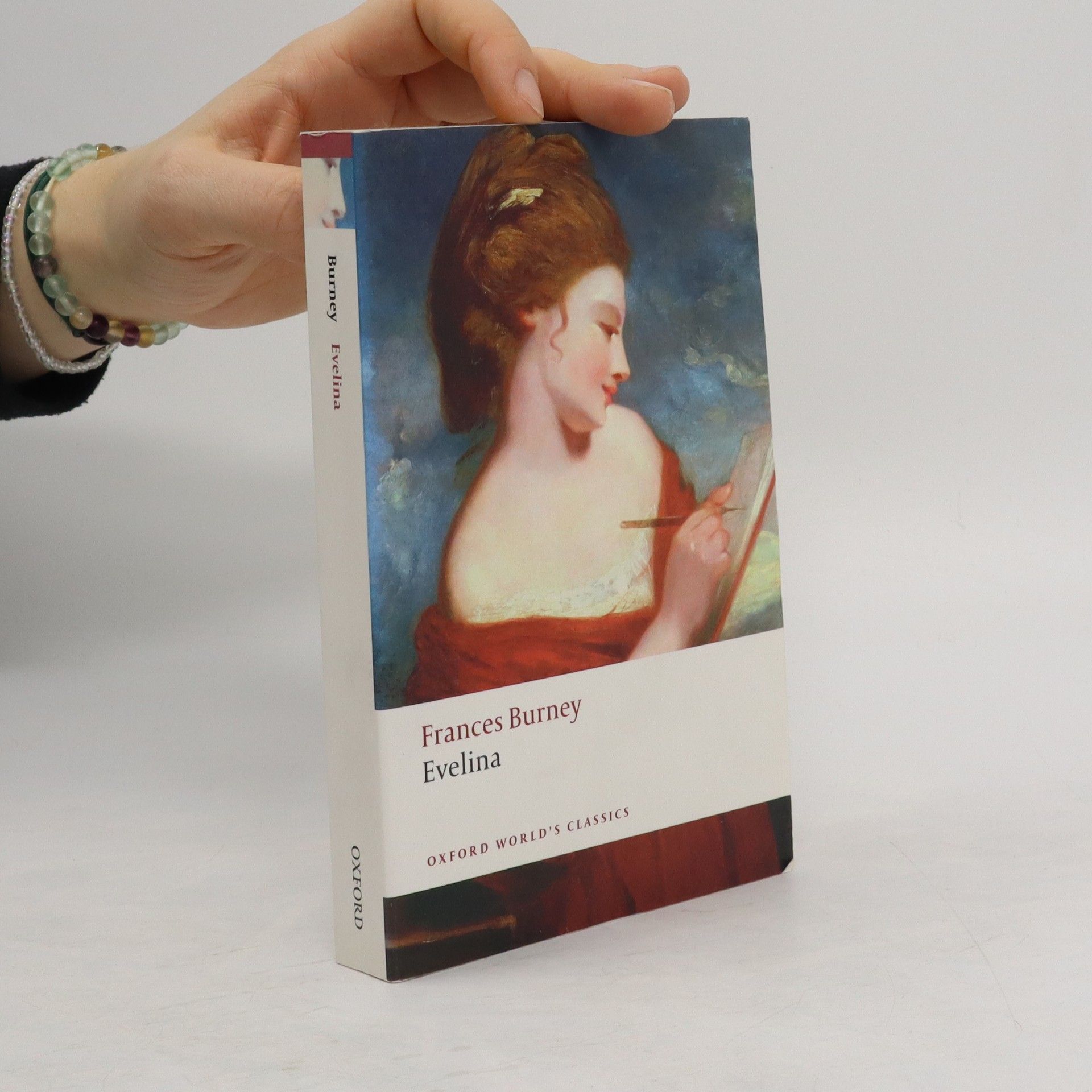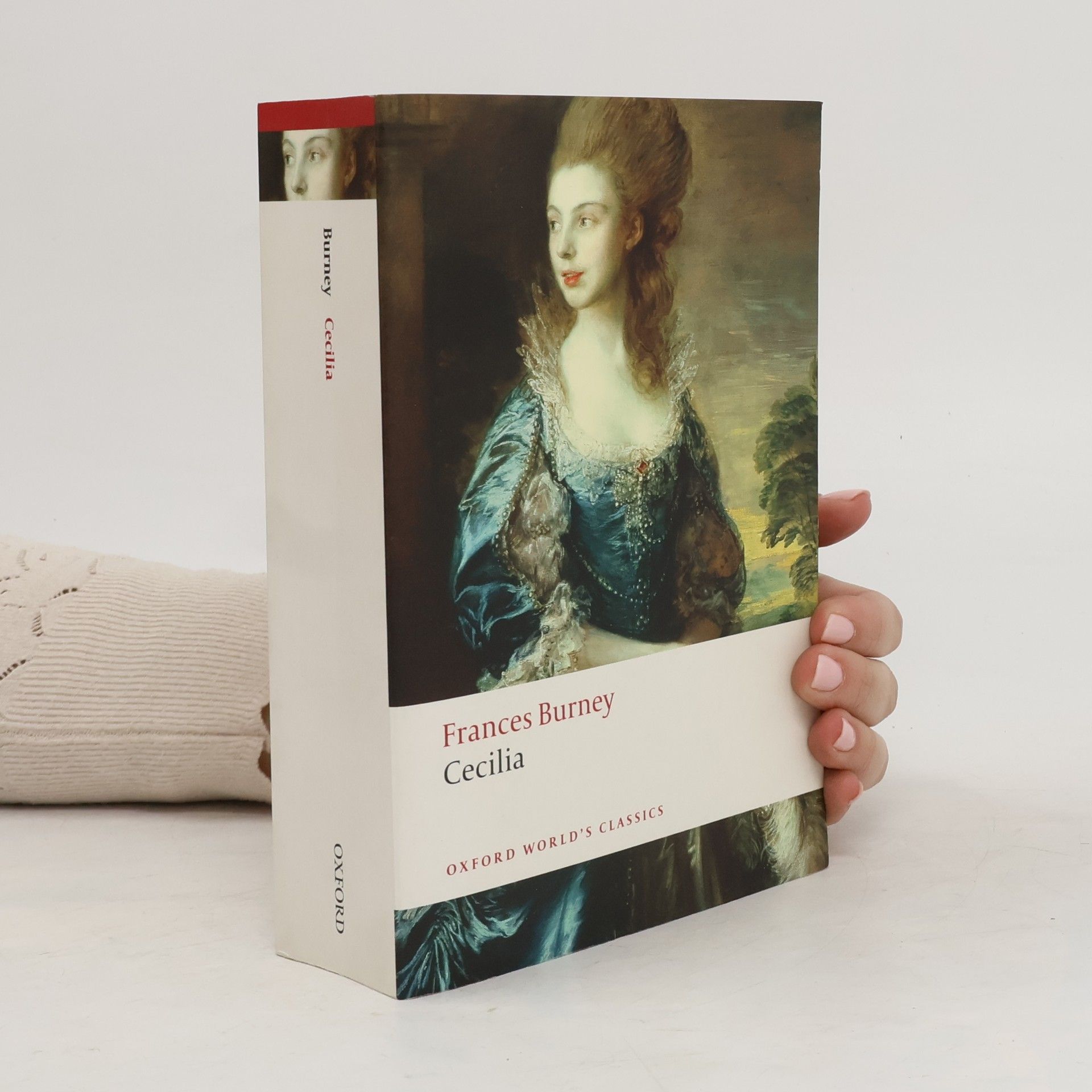The Wanderer
- 824 páginas
- 29 horas de lectura
Focusing on a woman's journey to escape her troubled past in France, the narrative explores her struggles as she confronts new challenges. Set against the backdrop of eighteenth-century life, it offers a candid portrayal of a woman's resilience in the absence of political and familial support, highlighting her determination to navigate a world filled with difficulties.




